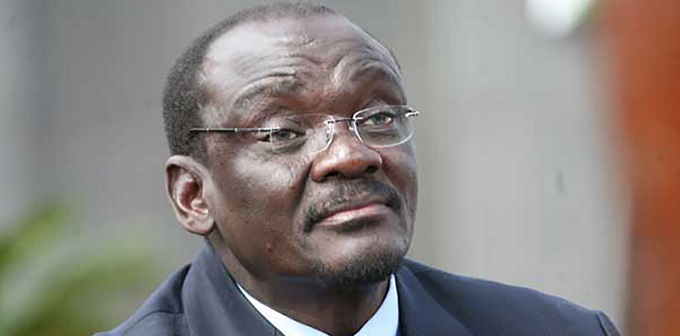Haemorrhage tops causes of maternal deaths

Thandeka Moyo in Mutare
MORE than 2 400 pregnant women die in Zimbabwe annually due to over bleeding, abortion and poverty, the United Nations Population Fund has said.
Addressing journalists during an ongoing sexual reproductive health rights advocacy workshop here yesterday, UNFPA reproductive health survey specialist Dr Edwin Mpeta said 63 percent of the women die after delivery.
He said unsafe abortions are also a major contributor to maternal deaths especially among adolescent girls.
“Our maternal mortality rate remains at 640 per 100 000 births according to the current Zimbabwe Demographic Health Survey but we know that the reality on the ground projects a different scenario. As a country we have improved on the number of births attended by specialised personnel but many
women still die,” said Dr Mpeta.
He said haemorrhage which is basically bleeding remains the number one cause of maternal deaths at 29 percent followed by infections which account for 14 percent of the deaths.
Dr Mpeta said many women were being let down by under resourced health institutions.
“Another worrying trend is that of unsafe abortions especially in young women and these account for seven percent. Eighty percent of all these maternal deaths can be addressed through quality emergency obstetric care,” he said.
Dr Mpeta also said there was a need to strengthen systems that capture maternal deaths as the current systems does not reflect the number of actual maternal deaths.
“Our surveillance system only captures a quarter of these deaths hence we are convinced that the number could be higher. Our adolescents die while trying to abort and many of those cases are under reported,” he said.
UNFPA said the Ministry of Health and other partners had trained health practitioners to repair obstetric fistula, an emerging maternal health issue affecting many women.
An obstetric fistula is caused by prolonged obstructed labour leaving a woman having no or insufficient control over urination or defecation.
“We have one centre at Chinhoyi Provincial Hospital for women with that complication but we have managed to train practitioners in Bulawayo and Masvingo so that we decentralise the service to the rest of the country. We need to work towards infrastructure development in those areas so that they too can start helping women in their respective areas,” said Dr Mpeta. — @thamamoe.










Comments